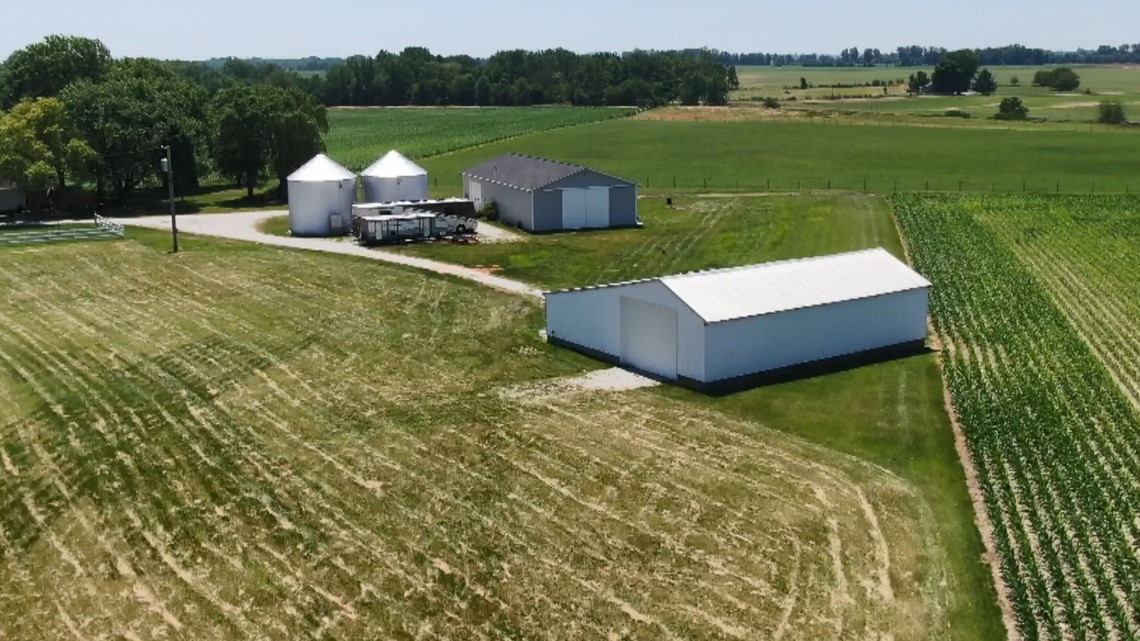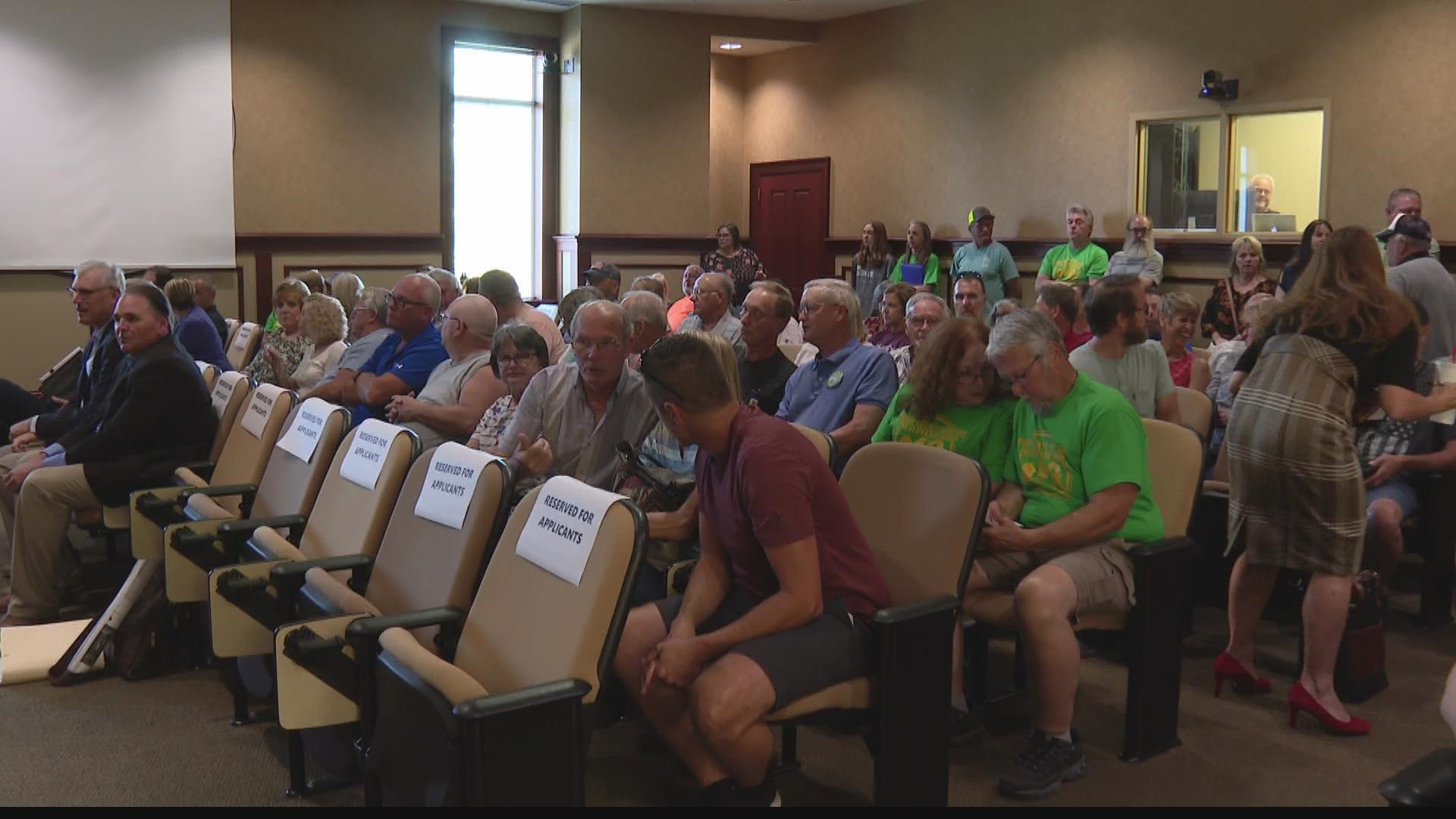LEBANON, Ind. — Lebanon's Planning Commission took public comments Tuesday night on a proposed annexation that city and state leaders call part of an economic gamechanger.
"What we're talking about here is a generational change for a lot of people," said Lebanon Mayor Matt Gentry.
The Indiana Economic Development Corporation along with city and county officials have been working on the project, which has been described as an innovation park that could span about 7,000 acres northwest of Lebanon. That would double the city's footprint.
"We have to see the big picture potential this has for people not just today but also generations of the future and great-paying jobs that we need,” said Gentry.
The planning commission recommended an "industrial zoning district" for the land of the proposed development at Tuesday’s meeting, despite pushback for several landowners and nearby neighbors.
Economic development officials have said the park will attract billions in investment and high-tech jobs. Earlier this month, Eli Lilly announced plans to build in the area.
But some landowners aren't so excited.
"I have a lovely view here. I've worked hard all my life here to keep it the way it is," said Jim Love, whose family has farmed 200 acres of land for more than 70 years.
Love said he's not interested in selling.
"They want to give me something that I don't want, which is money," he said. "I'm comfortable. I'm happy. I have a lovely home and a lovely view and I can't replace it."


Gentry said those who don't want to sell or be annexed into the city don't have to.
"If they've lived there for 60 years and they're like, 'I want to die in this house,' they have every right to do that," he said.
Gentry added that government entities can't take property by eminent domain for private projects.
But Love — and others who live nearby — told 13News they're concerned it will change the rural culture they've known and loved for generations. He's hopeful they can have a say in the conversation.
"We could maybe affect the way it looks ... when you drive past, what you see," Love said.
Gentry said the public will get a chance to weigh in.
"How do we balance this?" Gentry asked. "How do we manage that transition as it goes from corn and soybeans to a pharmaceutical manufacturing facility? How do we have those conversations about what it looks like, and how are they impacted? This is the beginning of the process and not the end."
The City Council will take up the voluntary annexation issue next month.

